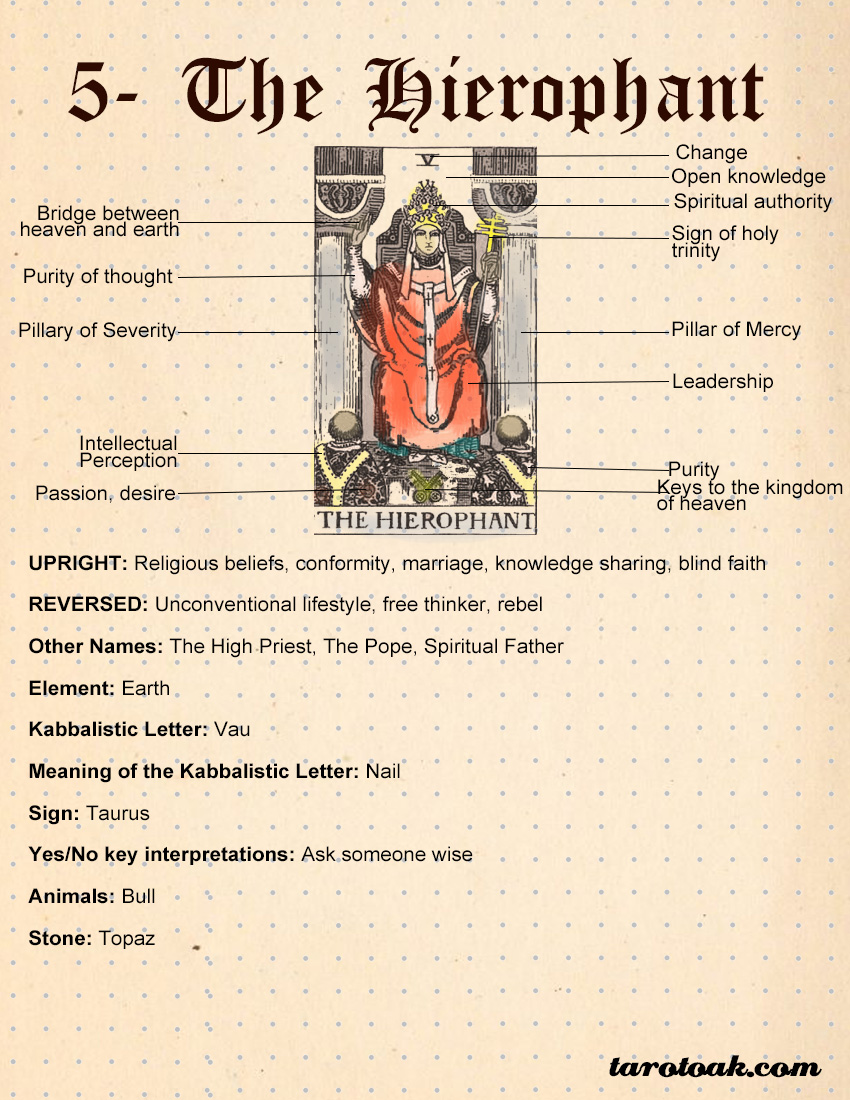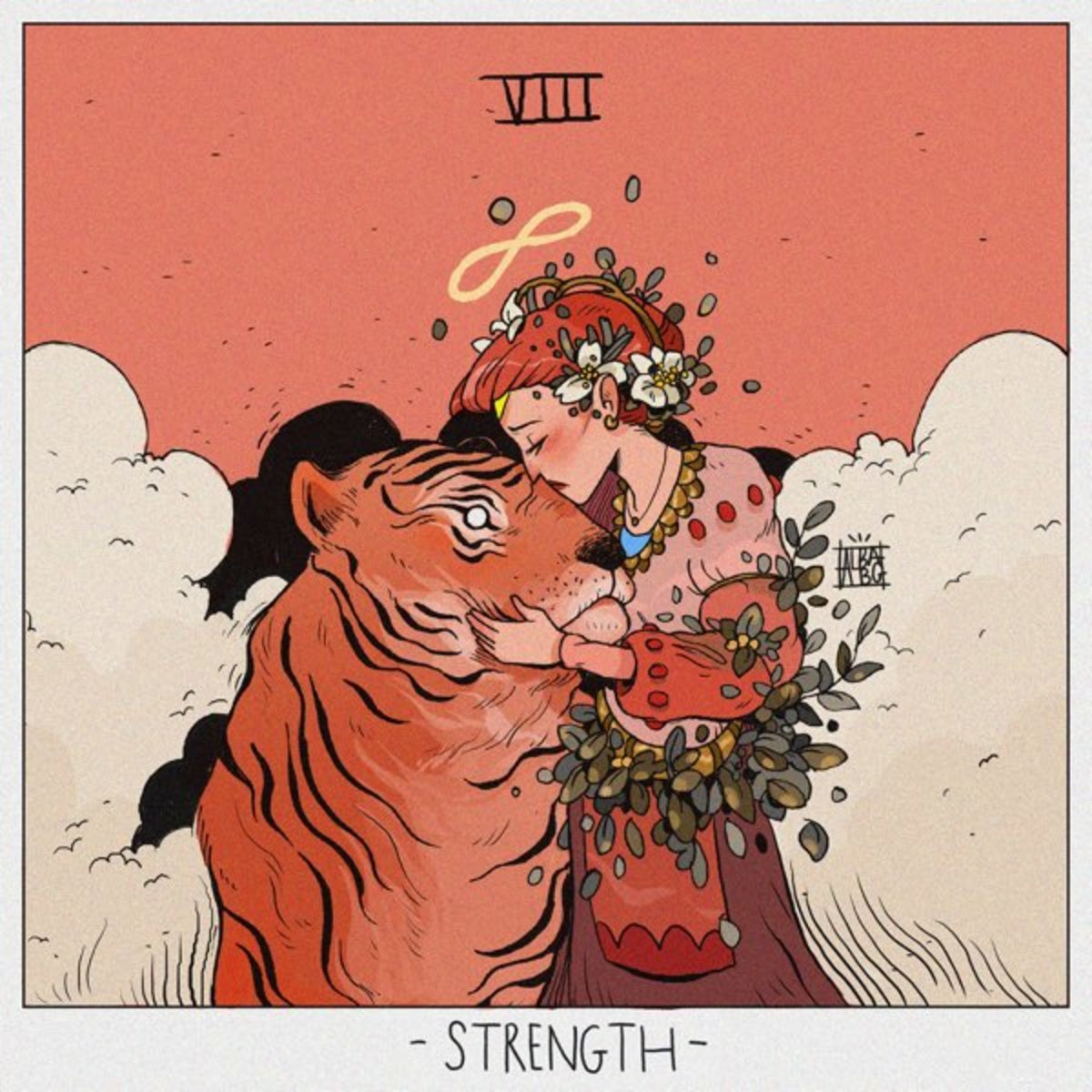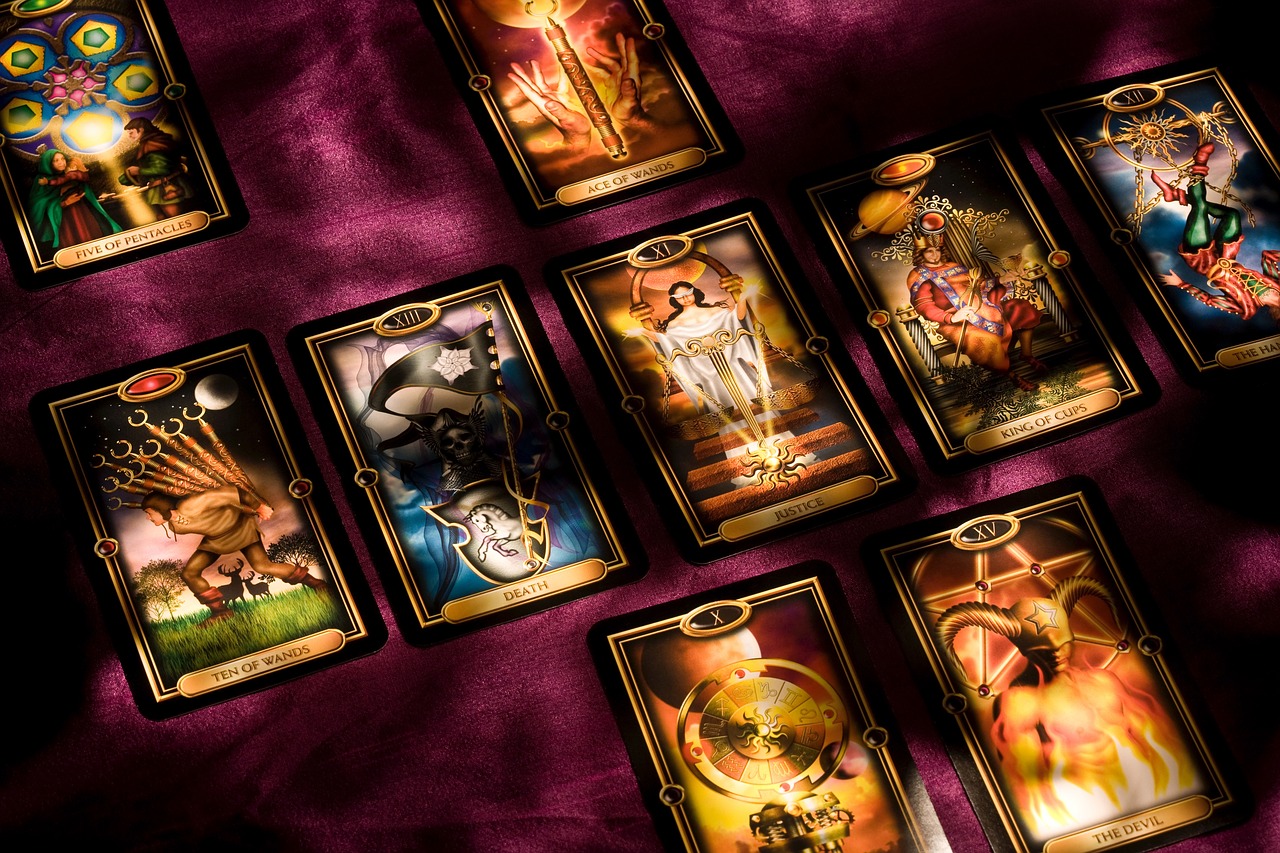
Palm reading has been around since ancient times. If you're interested in learning the art of palm reading, there is a handbook available. You'll learn all about the Life, Wisdom and Love lines, as well as the Spatulate hand. These concepts will allow you to get a better idea of your hand.
Lifeline
A palm reading can show you the person's life trajectory by displaying a life line. It begins at the pointer and continues to the pinkie side. It also runs along the thumb and heel. If the lifeline is long, the person is adventurous, energetic, and takes chances. The opposite is true for those who have a shorter life span. They are exhausted and unmotivated.
If the line in the life is long and strong, it is a sign that the person is entrepreneurial and passionate about their work. On the other hand, a shallow line means that the person has a difficult time with work. A narrow line is also a sign of a unique path to success. A person's hand also contains a Curve of Solomon located beneath the index finger. The Curve of Solomon represents a person’s natural ability and emotions to teach others.
Wisdom line
The wisdom line (or head line) is the portion of the palm that indicates intelligence. It extends from the thumb and index fingers to the middle part of the palm. It lies above the heart line but below the lifeline. If the head line becomes too narrow or wavy, it can indicate a low mental strength.

Other lines are called life or fate lines. These lines are used to reveal one's financial status and indicate the forces that influence their lives. A deep fate line may indicate a person who will be successful in various fields and has access to a wide range of assets. It may also indicate that a senior needs mentoring or assistance.
Love line
The love line on your wrist can tell you a lot. It can also reveal your emotional stability. If the love lines are curved, you might be unsure how to approach the one you love. You may feel shy or egoistic, and this may lead to problems in your relationship.
A person with a curved chest is likely to be passionate about sex. This means that they are in search of a good partner. However, they might struggle to control their emotions or experience heartbreak.
Spatulate hand
People with spatulate hands are generally energetic and restless with flared fingers and ends. They are inventive and driven and enjoy challenges. They are practical and have a pragmatic mindset. A spatulate hand reading can help you learn more about yourself.
People with spatulate hand work in engineering and science. Although they may not have the same financial rewards as other hand shapes, these careers are often extremely rewarding. These people are typically inventors. They can also be scientists, astronauts and explorers. These people are intelligent even though they don't have a lot of money.

Earth hand
The topography of the Earth's hand tells you a lot about your life themes. A prominent mount on the palm indicates a dominant personality. You can make predictions about the future by studying a person's hands.
The Earth hand is distinguished by short fingers, a square-shaped and square-shaped palm. These people can be logical and practical but may become obsessed with the immediate reality. If they aren't stimulated enough, this can lead to them losing patience. Fire hands are typically more energetic, confident, as well as energetic. However, they can be less patient.
FAQ
What are collection hobby?
Books, movies music, comics and video games are some of the most popular collections.
Also, you can collect anything: stamps, coin to cars, dolls to action figure to model kit to figurines to art materials to tools to cook utensils and jewelry to watches to jewellery to appliances to clothes to furniture or antiques to...
I believe you get the idea.
What is observation hobby?
Observation hobbies are those activities that allow you to watch others do what they do. This could be watching sports, reading books or going on holiday. It could also include observing others.
Observation hobbies can be very beneficial because they allow you to learn how creative thinking works. This knowledge can be used later to help you with projects that you are working on for others or yourself.
You'll find that if you're interested in something, then you'll have an easier time learning about it.
For instance, if football is something you are interested to know about, you can watch the game or read a book. You could visit or take part in exhibitions if you are interested in learning more about photography.
You could also buy a guitar or play along online to music if you are a musician.
You can cook your own meals, or you could go to a restaurant.
If you like gardening, you could grow vegetables or flowers.
You could take a class or go out dancing with your friends if you enjoy dancing.
If you enjoy painting, you might paint pictures.
If you like writing, you could write stories or poems.
You could also draw pictures if you enjoy drawing.
If you're passionate about animals you might consider working at a Zoo or looking after their pets.
If science is your passion, you might choose to study biology or chemistry.
You can read books, listen to podcasts, or watch films if history interests you.
You can travel abroad or explore your home area if you love to travel.
What are educational hobbies, you ask?
A hobby that teaches you something is called an educational hobby. It could be anything, from playing sports to learning how an instrument is played.
It should be enjoyable and fun for you. You don't necessarily have to do this all the time. But if it becomes boring, then think about what you could be doing.
These activities can also be costly so make sure you don't spend too much.
Statistics
- Much of this decline reflects the fact that teens are less likely to work today than in the past; among employed teens, the amount of time spent working is not much different now than it was around 2005. (pewresearch.org)
- Studies show that just six minutes of reading can reduce stress levels by 60 percent. (oberlo.com)
- Almost 80% of people claim to have no hobby. (hobbylark.com)
- In comparison, men in the “no humor” condition were refused 84.6% of the time and were only accepted 15.4% of the time. (time.com)
- The intensity of the dialogue partners' bond at the end of the forty-five-minute vulnerability interaction was rated as closer than the closest relationship in the lives of 30 percent of similar students. (time.com)
External Links
How To
How to learn a music instrument
If you want to learn how to play music, there are many ways to do so. You could either go to a school, buy a book, take lessons from someone who plays an instrument, watch videos online, etc. However, if you decide to find your own way to learn, here are some tips and tricks that might help you out.
-
Find something that interests you. You don't have to like every instrument you see. If you don’t enjoy playing an instrument it will be hard for you to get into it.
-
Be patient. Learning anything new takes time. Expect to not be able master all things immediately. Instead, keep practicing every day.
-
Practice regularly. Even if you feel tired, keep practicing. This will ensure that you won't forget what you learned.
-
Make sure you choose a safe place to practice. The ideal place to practice is one that is quiet and won't be disturbed by anyone else. Also, make sure that there aren't too many distractions. It is best to avoid listening to loud music nearby.
-
Have fun! Music should be enjoyed. Make sure you have fun while practicing. It will make you more motivated to keep going.
-
Set goals. You will know what you need to do if you have goals. Failure is not an option.
-
Keep track of your progress. Write down all of your accomplishments and failures. This will help you to improve your performance over time.
-
Take breaks. Sometimes, all you need is to take a moment to think. Taking breaks will give you time to think about things.
-
Ask questions. Ask questions. They may be in a position to assist.
-
Listening is the best way to learn. Many musicians love to listen to and imitate songs. This helps musicians understand the fundamental concepts of the song.
-
Read books. You will learn more from reading books than you can by watching videos or attending classes. Books contain information you will not find anywhere else.
-
Join a band. You will be able to practice more when you play with others. Plus, you will find people with similar interests to you.
-
You can watch tutorials. Tutorials are short videos which explain many topics in great detail. Tutorials are short videos that focus on one part of the instrument. Tutorials can help you understand complex parts of your instrument.
-
Try different methods. Some prefer to learn by listening, while others prefer reading. Experiment until you find what works best for you.
-
Practice makes perfect. There is no way to be an expert overnight. It takes a lot of work to be able to perform well.
-
Play along with other musicians. You can learn faster by listening to other musicians play your favorite songs.